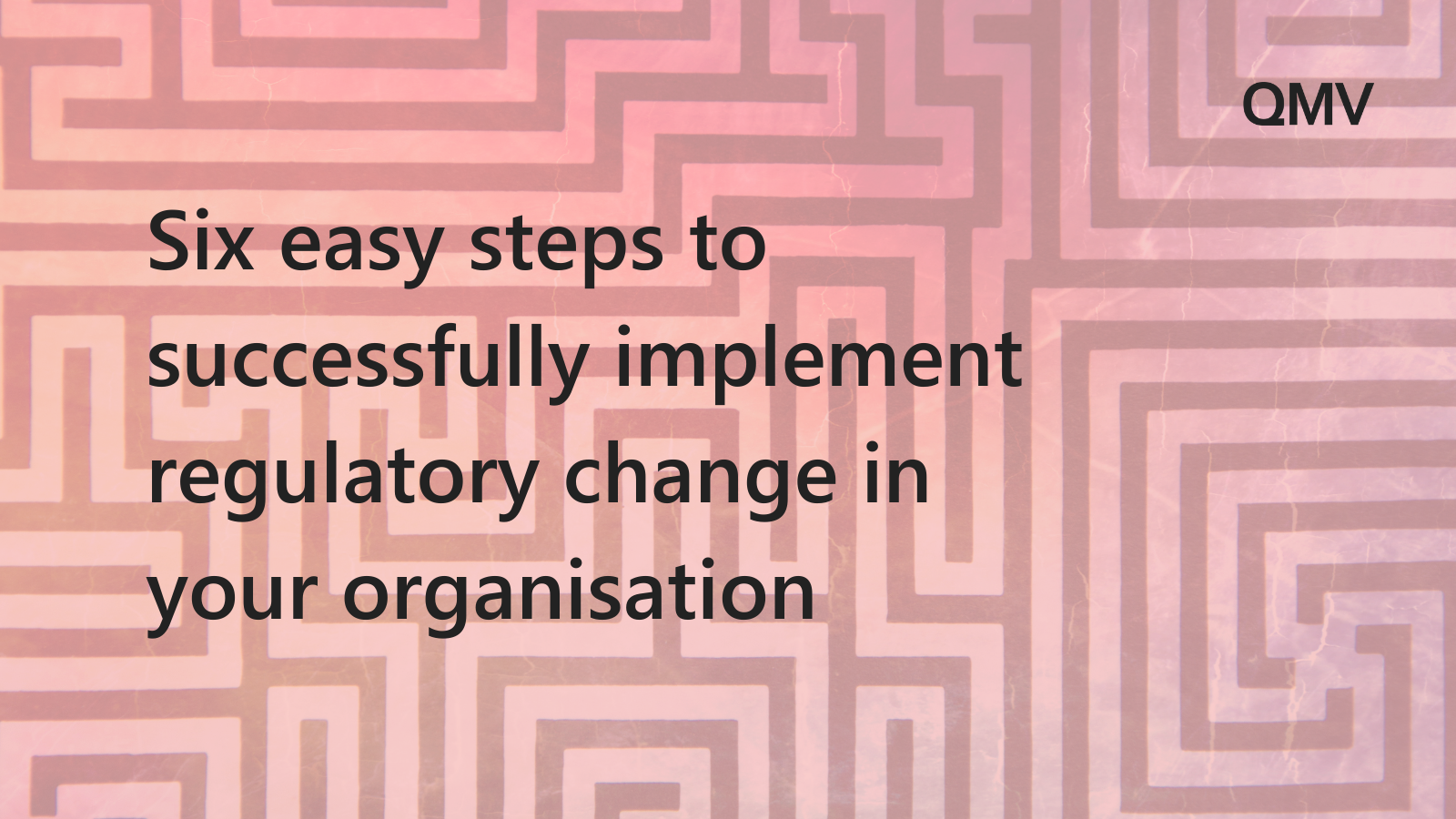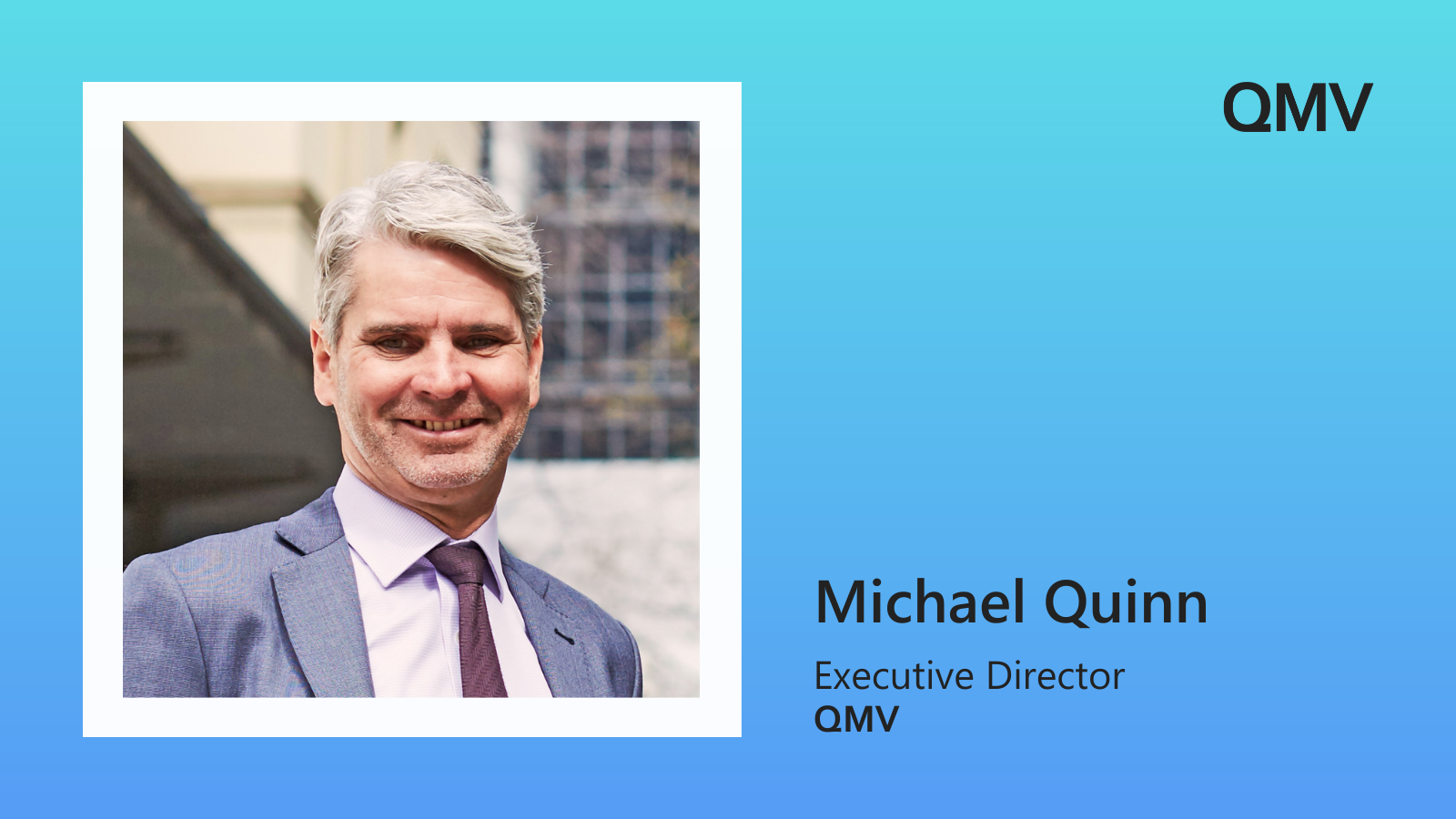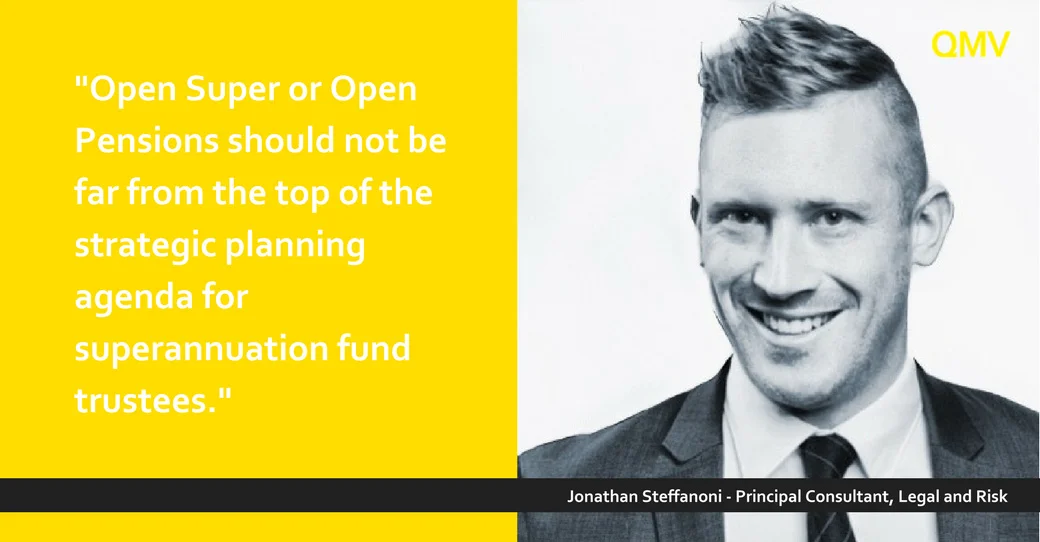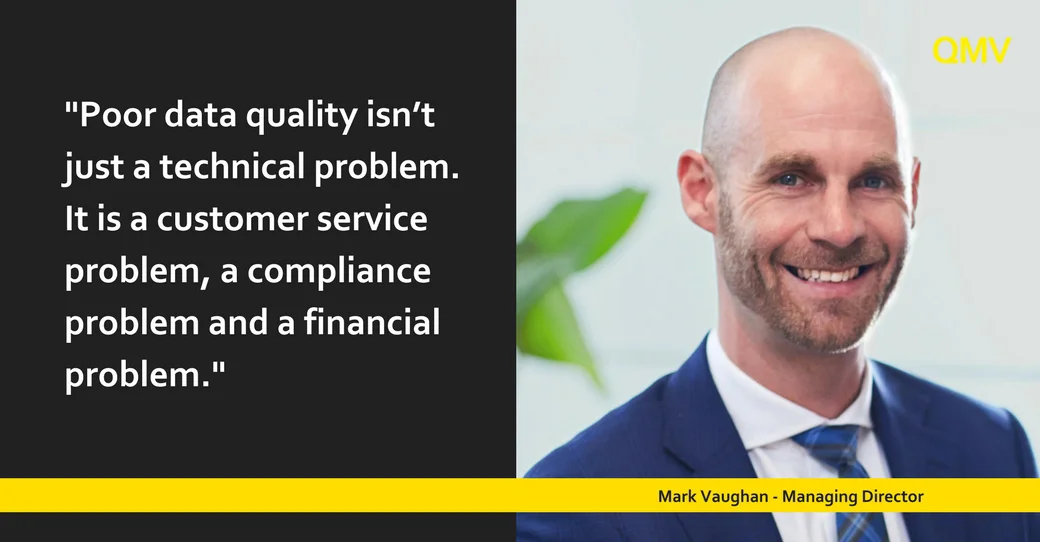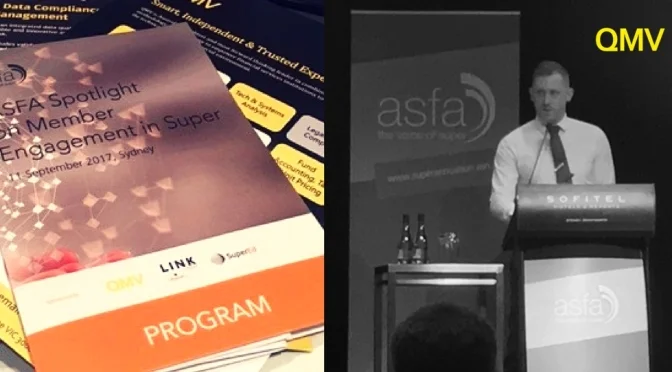At the heart of a mature digital transformation effort is the customer, their experiences, and the journey to saving and preparing for retirement. Clear objectives for each digital transformation initiative link directly to the business strategy, the business model and of course the operating model.
Read MoreData remediation activities in financial services will never cease. The best that can be achieved is significantly reducing the frequency and scope of remediations over time. Remediation does not always indicate a negative financial impact to a customer, but it does indicate a negative financial impact to the organisation.
Read MoreLegislative and regulatory reform has had and will continue to have a significant impact on the superannuation industry. Fund Trustees are faced with the challenge of developing and implementing cost-effective solutions to meet their obligations, often within a condensed timeframe. Therefore, we have outlined six steps in this article that will provide you with the structure and help with successful implementation.
Read MoreOn 27 September 2022 ASIC released Regulatory Guide 277 Consumer Remediation (RG 277) which is intended to supersede the existing guidance in Regulatory Guide 256 Client review and remediation conducted by advice licensees (RG 256). RG 277 is a significant expansion of ASIC’s remediation guidance and now applies to all Australian Financial Services (AFS) and Australian Credit licensees, including superannuation trustees.
It is important to note the guidance within RG 277 applies to all remediation activity from 27 September 2022; however licensees may still utilise RG 256 for any remediation programs already underway at this date.
Read MoreThe quality of data is imperative to strategic decision making, agility, productivity, and survival and qrganisations are beginning to realise that the consequences and risks of making incorrect decisions is now far greater and getting to the point where data is accurate and reliable to derive a "correct” single view of the customer will take commitment, effort, and investment from the financial institutions.
Read MoreTwo weeks ago I spent a day in a shed with people from ART (Australian Retirement Trust was formed by the merger of QSuper and Sunsuper), on a campaign for supporting the local members of the fund. ART visit the island to provide personal information to the local members about their superannuation entitlements and answering their questions about all things retirement.
Read MoreRedesigning a fund’s operating model often involves introducing new systems, migrating from or switching off legacy systems, adding new resources and/or reskilling staff. Funds with established operating models view this change as an unnecessary expense. Shedding this myopic view of the way funds operate is key to the best outcomes for the Trustee and its members.
Read MoreThe key measure of success for any Trustee expense is how it can be expressed in terms of benefits to members. Providing members with more opportunity for higher returns, lower fees and better service are the most common high-level justifications. This can be much trickier for funds considering a merge or SFT.
Read MoreConsumer scams, identity theft and fraud have boomed during the COVID-19 pandemic prompting superannuation funds to bolster fraud prevention strategy. Upgrading from insecure pins, challenge questions and two-step code verifications is a critical security measure in the fraud prevention framework to protect member accounts from a multitude of current and imminent threats.
Read MoreOngoing merger and business transformation activity in superannuation is driving a staggering rate of change and has giving rise to the most interesting transition work QMV has ever faced.
Read MoreQMV is privileged to be nominated in Super Review’s inaugural Superannuation Consultancy of the Year alongside Deloitte and Rice Warner. The winner will be announced at the Super Fund of the Year Awards on 15 August 2019.
Read MoreMany data remediation programs are only started after an issue being brought to light by a customer or group of customers: often upon investigation, this gives rise to a slew of other issues that may have been impacting thousands of customers across several years.
Read MoreQMV has moved into new Sydney offices situated on Clarence Street. Our permanent base in Sydney is fast approaching twelve months and we sincerely thank QMV's valued clients and friends for their backing.
Read MoreThe superannuation industry should prepare for an “open super” regime in the next few years, in light of current moves towards “open data” and “open banking” and the fundamental shift in the balance of power in the information economy, says Jonathan Steffanoni, principal consultant – legal and risk at QMV.
Read MoreA continued regulatory focus on member outcomes will dominate the superannuation industry in 2018 and contribute to the continued consolidation of funds, says Mr Jonathan Steffanoni, Principal Consultant, Legal & Risk, QMV.
Read MoreData errors are costing the superannuation industry, and its customers, millions of dollars every year with poor data spreading like a disease through the system, says Mark Vaughan, managing director of QMV.
Read MoreSuperannuation consulting and technology firm QMV has appointed Mark Vaughan as managing director, replacing Michael Quinn who has held the role since March 2014. QMV provides independent consulting services and technology systems to superannuation funds, trustees, administrators and wealth management organisations.
Read MoreI really enjoyed the opportunity to speak at ASFA’s Spotlight on Member Engagement Forum held this week in Sydney. My task was to discuss how trustee approaches to member engagement would be influenced by the rise of
Read More



